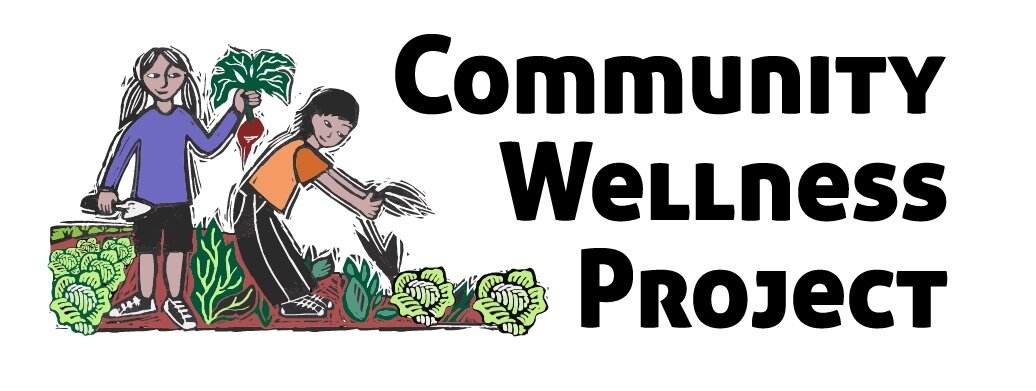When things are socially, economically, and environmentally in balance, that's when they become sustainable. All of those sectors come together at the Port Townsend High School vegetable garden.
We are lucky enough to have six major school gardens and eight Food Bank Farms & Gardens, but only one that combines the two -- the PTHS garden grows produce for school lunches and our Food Banks. Check out this video from 2018. Week by week it matches science and purpose with personal and community needs. Pictured above (Left to Right) is Zach Gayne, the five year coordinator/trainer of the Port Townsend High School Garden, Doug VanAllen Master Gardener volunteer, and Kathy Ryan, Food Bank Farm and Garden President and also a volunteer. They are the core team who bridge gardening and outreach efforts.
As a paid staff member, Zach is the glue who keeps the garden humming and trains up high school students in the art of food production. Doug's expertise as a Master Gardener and arborist supports Zach's work during the school year and summer months. Kathy Ryan not only works in the garden, but ensures that excess food ends up at the PT Food Bank where she also volunteers.
It's a dance of time, money, and labor. Just as the garden is kicking it into the productive summer season, school is closed down. That's when the Food Bank Garden volunteers lend their labor to the effort. When the students return in the fall, the garden is waiting for them to pick produce for lunches. Over the year it's about a 50/50 split of veggies for the school or Food Bank.
Under the guidance of teacher Jennifer Kruse, a dependable group of ninth grade health students work in the garden and then learn about that food's nourishment and how to cook it. Check out this video on Jennifer Kruse’s program. This year the PTHS Student Sustainability club has chipped in. By growing and eating organic food, the students can check off many things that make the planet (and our community) more sustainable:
Organic food is pesticide-free.
No pesticides means a cleaner water system.
No pesticides also creates a safe place for birds, critters, and people.
No plastic - Food comes in its own compostable skin.
Composted food waste lowers the load on landfills.
Composted waste becomes free garden soil.
Rich, organic soil holds more carbon and life.
Gardening becomes a free gym, tasting room, and community builder.
Growing, cooking veggies, and sharing the bounty adds cornerstone social skills for building lifelong friendships.
Donating food creates a more resilient greater community during times of stress like what we experience during COVID shutdowns.
In 2012 the site was a trashed out parking lot. Today it thrives with deep soils, a greenhouse, a rain shelter, and a large pollinator garden just past the deer fence. Together it’s a garden-load of transferable skills!
If you would like contribute or learn-to-garden by volunteering, please contact Kathy Ryan kathyrn76@mac.com.

